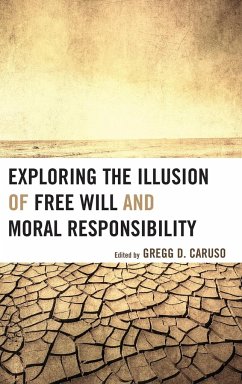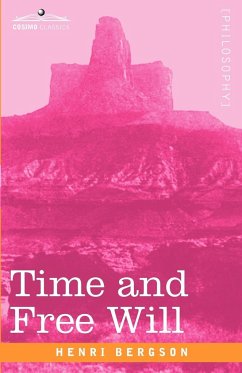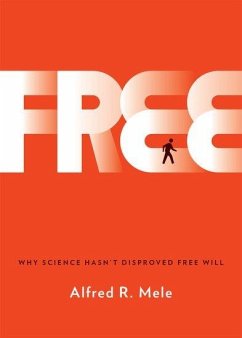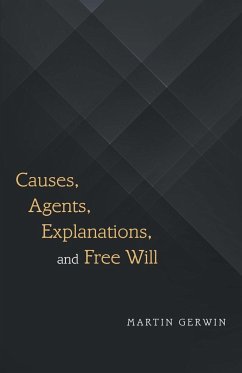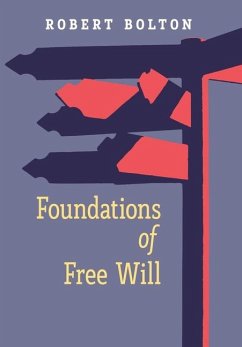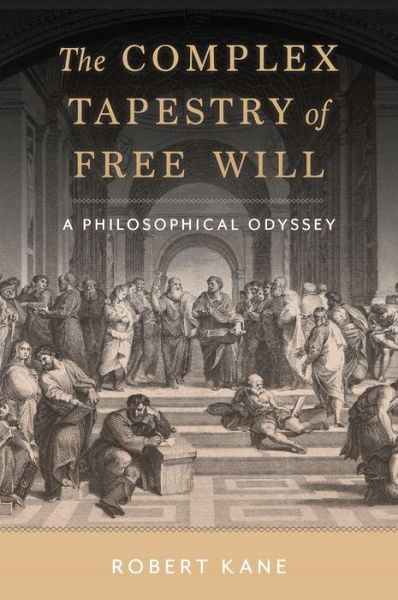
The Complex Tapestry of Free Will
A Philosophical Odyssey
Versandkostenfrei!
Versandfertig in über 4 Wochen
117,99 €
inkl. MwSt.
Weitere Ausgaben:

PAYBACK Punkte
59 °P sammeln!
Robert Kane is one of the most prominent contributors to debates on free will over the last 50 years. Here he discusses the evolution of his views since his 1996 volume The Significance of Free Will, and provides responses to some of the latest critical literature on them. He explains significant changes to his views on free will and related notions of moral responsibility, agency, and other related topics. He connects his ideas on free will to ethical thought, and to key ideas in the philosophy of religion. The volume is accessible to those not already familiar with the free will literature, ...
Robert Kane is one of the most prominent contributors to debates on free will over the last 50 years. Here he discusses the evolution of his views since his 1996 volume The Significance of Free Will, and provides responses to some of the latest critical literature on them. He explains significant changes to his views on free will and related notions of moral responsibility, agency, and other related topics. He connects his ideas on free will to ethical thought, and to key ideas in the philosophy of religion. The volume is accessible to those not already familiar with the free will literature, while also developing novel and complex ideas on difficult subjects.




